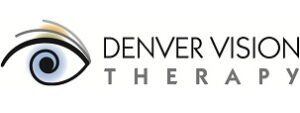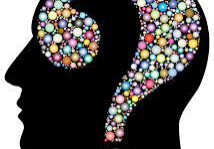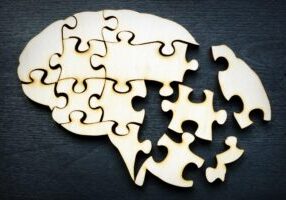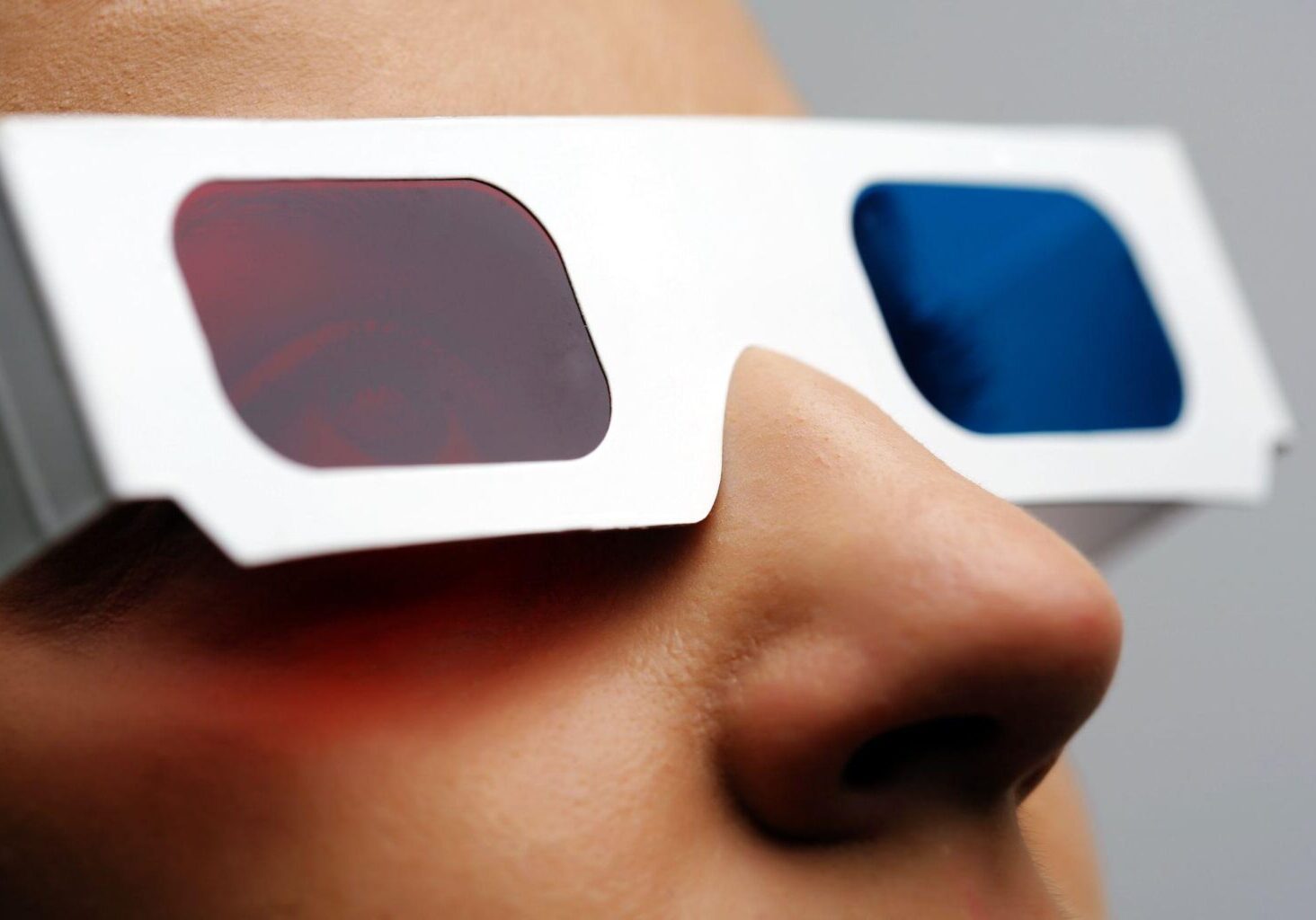How neurological problems can affect vision
A variety of vision problems may develop following a brain injury (including concussion), and most neurological conditions cause some type of visual symptoms. This is because so many areas of the brain are responsible for visual processing.

Traumatic Brain Injury (TBI) and Concussions
Even a mild concussion is considered a traumatic brain injury (TBI). A process of inflammation in the brain occurs, which sets off a cascade of changes that cause symptoms that may persist week, months, or even years. Studies show that 90% of TBI patients experience some form of vision problem, which is caused by disrupted communication in the brain, and manifests as visual symptoms.
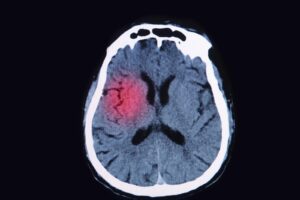 Even if you did not physically hit your head on anything, you may experience whiplash, for example in a car accident. When whiplash occurs, your brain experiences forces that disrupt the cellular connections and cause lasting symptoms. It is important to have a full vision evaluation after a whiplash or TBI event as soon as possible to help promote healing by providing adequate care.
Even if you did not physically hit your head on anything, you may experience whiplash, for example in a car accident. When whiplash occurs, your brain experiences forces that disrupt the cellular connections and cause lasting symptoms. It is important to have a full vision evaluation after a whiplash or TBI event as soon as possible to help promote healing by providing adequate care.
Stroke
A stroke (also called a cerebrovascular accident, or CVA) occurs when there's a sudden interruption of the blood supply to part of the brain, or a blood vessel in the brain bursts, spilling blood into the spaces surrounding brain cells. The visual changes that result from a stroke can be significant, including vision loss, eye teaming and eye tracking problems, double vision, and difficulty with reading and driving.
Other Neurological Conditions
There are many different types of conditions that affect the visual system and brain. Any condition that causes inflammation and/or damage in the brain can result in significant changes in visual function. We treat the visual symptoms associated with the following conditions:
- Lyme Disease or complications from co-infections
- Post-COVID
- Multiple sclerosis
- Myasthenia gravis
- Brain tumors
- Visual Snow Syndrome
Each case is unique, and each patient needs a unique solution that works with their lifestyle and their individual condition. We have many tools to help relieve patients' symptoms, including specialized glasses, color light therapy, and vision rehabilitation therapy.
